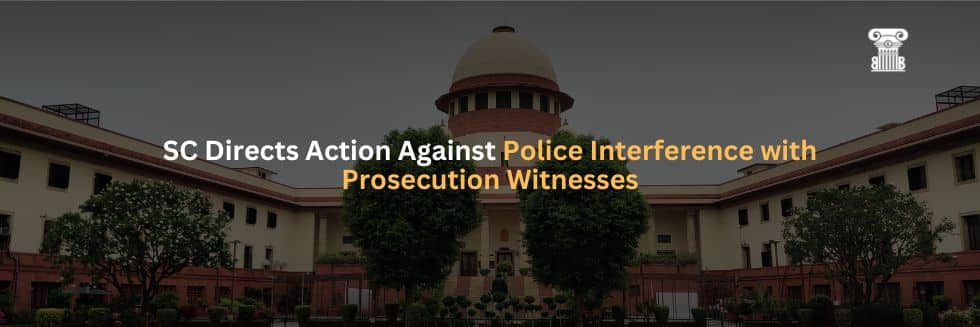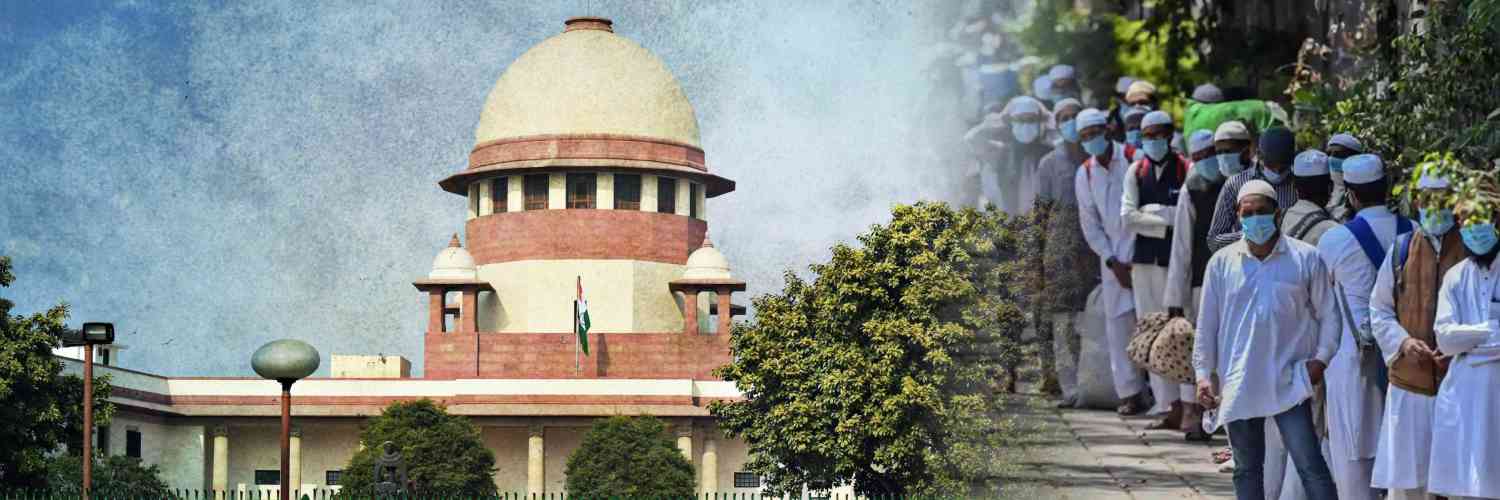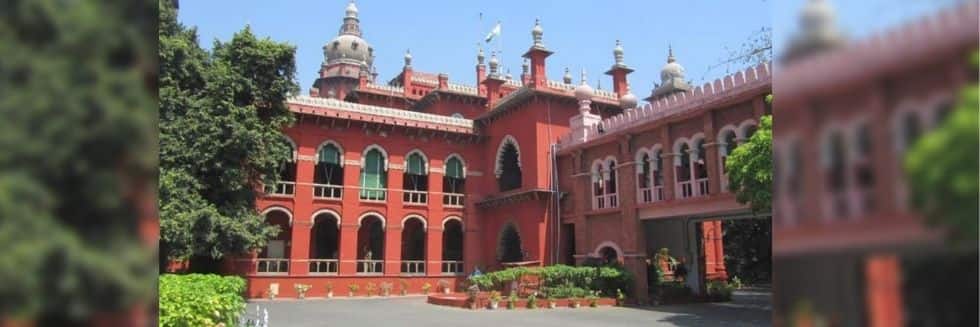In the case of Manikandan v. State by the Inspector of Police, the Supreme Court addressed concerns regarding police interference with prosecution witnesses. The appellants, accused of an offence under Section 302 read with Section 34 of the Indian Penal Code were convicted by the trial court and the High Court. However, the Supreme Court observed that the witnesses’ testimony was compromised due to police coaching.
Witnesses were influenced by the police just before their court appearance leading to doubts about the integrity of their testimony. Consequently, the Court reversed the conviction directing an inquiry into police conduct and ordering appropriate action against the involved officials. The appellants were acquitted based on the benefit of the doubt.
CASE DETAILS:
Manikandan v. State by the Inspector of Police
Criminal Appeal No. 1609 of 2011
Supreme Court
Coram: Justices Abhay S Oka and Pankaj Mithal
BACKGROUND:
- In Criminal Appeal No. 407 of 2019, the appellant is accused no.1.
- In Criminal Appeal No.1609 of 2011, the appellant is accused no.2.
- Both appellants were convicted by the Trial Court for an offence under Section 302 read with Section 34 of the Indian Penal Code, 1860 (IPC).
- The High Court upheld the conviction and life sentence of the appellants in the impugned judgment.
- The appellants have preferred an appeal before the Hon’ble Apex Court.
OBSERVATIONS:
The judgment authored by Justice Abhay S. Oka emphasized that the police should not be permitted to influence witnesses to testify in a particular manner. The court expressed surprise that both the trial court and the High Court overlooked this crucial aspect.
It noted that the defence of the accused was that they were not present at the scene of the incident which was supported by the admission of a witness that one of the accused was working in another village at the time. Despite the availability of independent witnesses, they were not examined by the prosecution leading to adverse inference against them.
The court highlighted that the witnesses were called to the police station and coached on how to testify just a day before their evidence was recorded in court. This blatant act of tutoring by the police compromised the integrity of the witnesses’ testimony. Given the possibility of police interference, the court concluded that the witnesses’ evidence must be discarded. Such interference by the police in the judicial process was deemed shocking and a gross misuse of power.
Therefore, the court reversed the conviction of the appellants under Section 302 read with Section 34 of the IPC granting them acquittal based on the benefit of the doubt.
JUDGEMENT:
Reprimanding the Tamil Nadu Police for coaching witnesses to testify against the accused, the Supreme Court directed the Director General of Police of Tamil Nadu to conduct an inquiry into the conduct of the police officials involved in tutoring witnesses at the relevant Police Station.
The court further ordered that appropriate action be taken against the erring police officials by the law. Based on these findings, the court reversed the conviction of the appellants under Section 302 read with Section 34 of the IPC and acquitted them granting them the benefit of the doubt.






